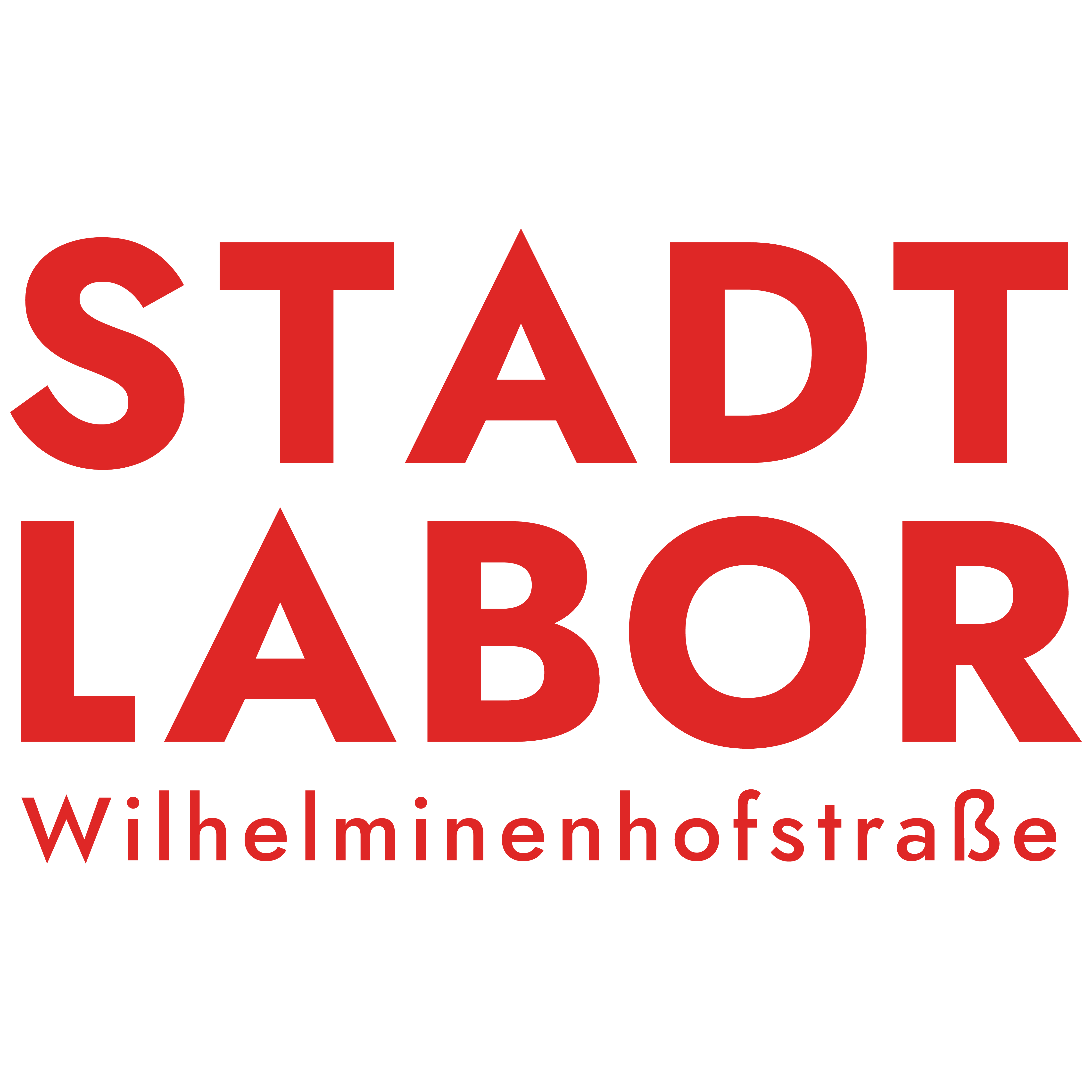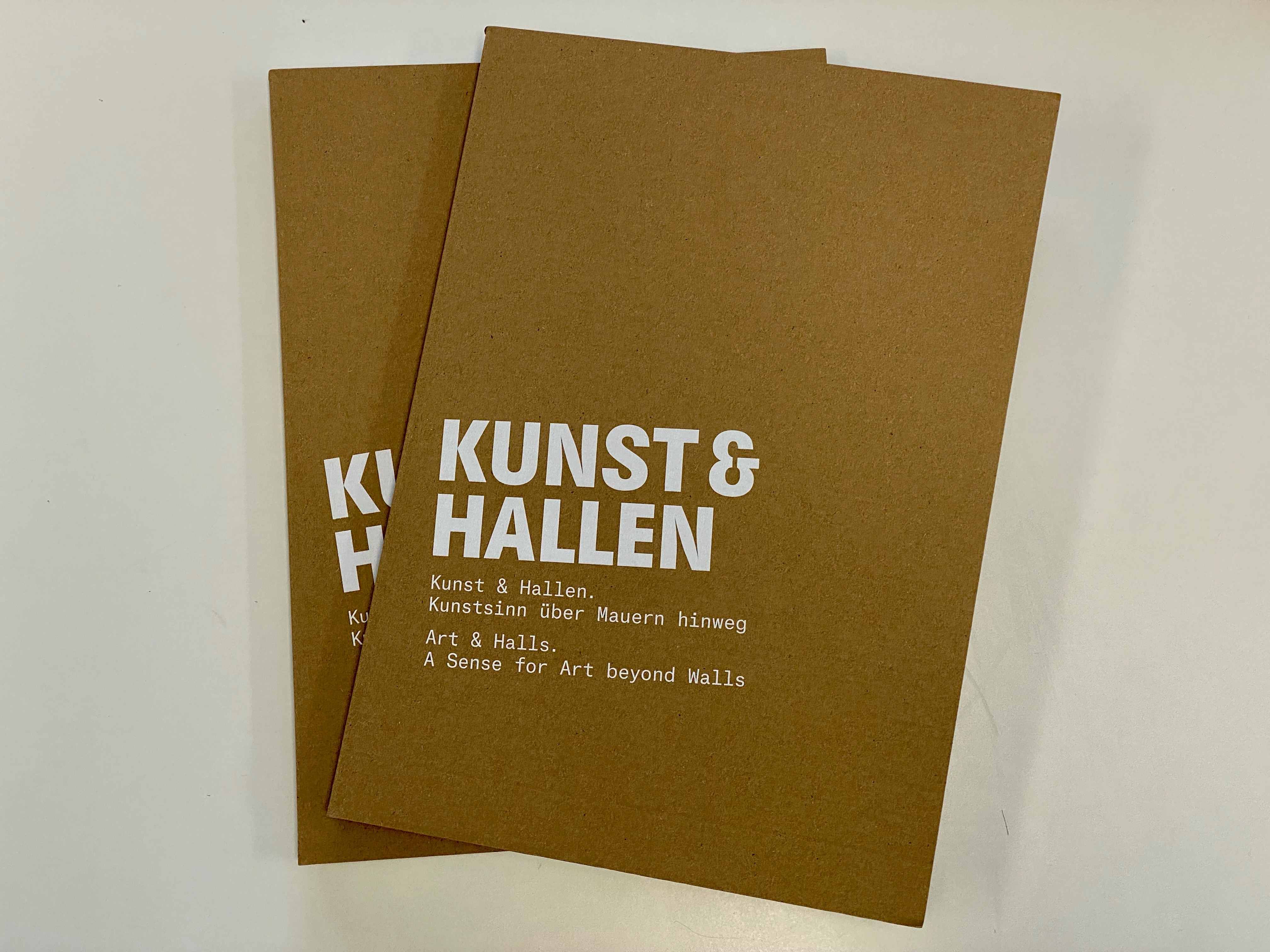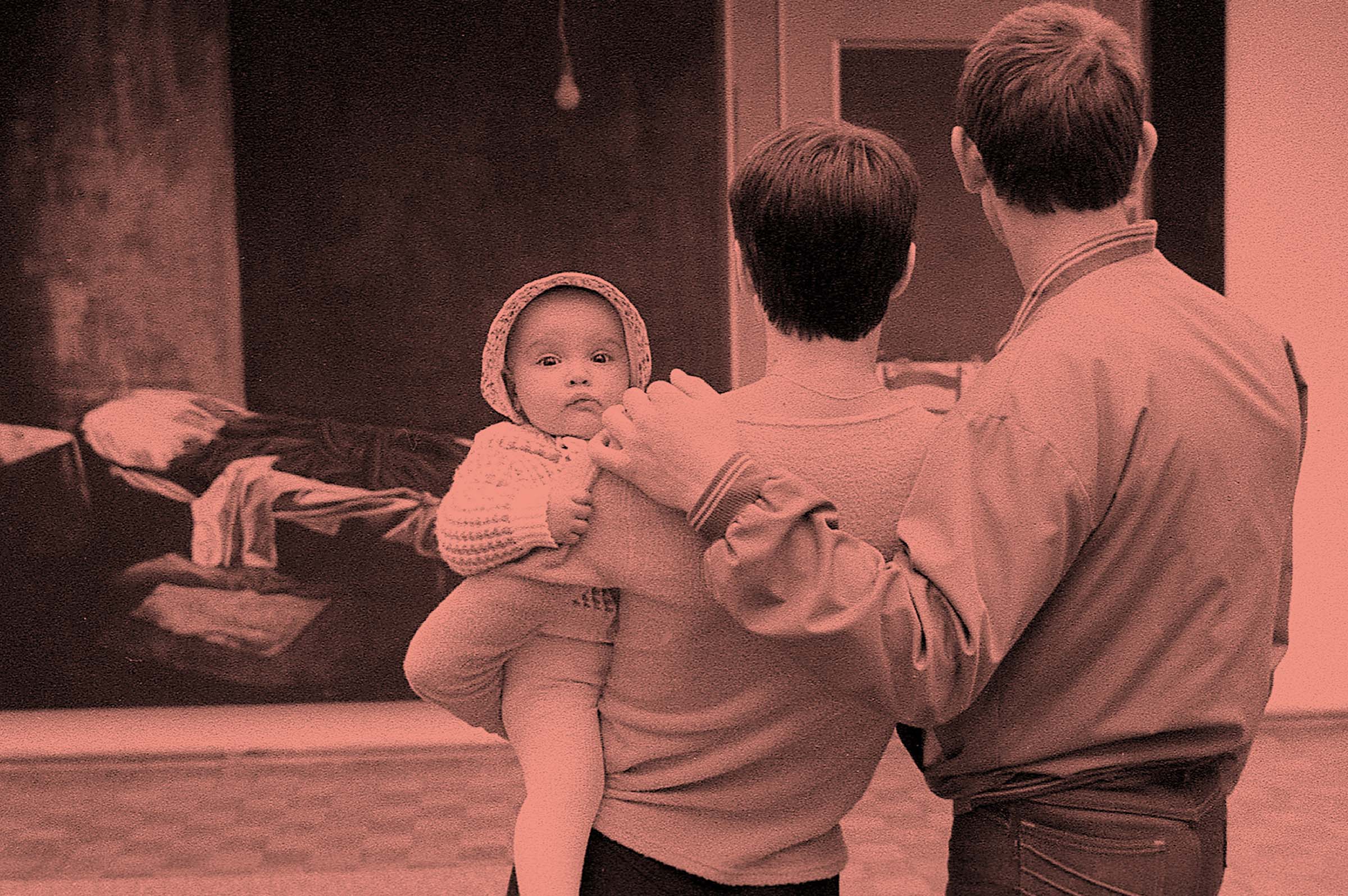The catalog Art & Halls. A Sense for Art beyond Walls (German and English) is available at the Stiftung Reinbeckhallen or can be ordered online (mail to: info@stiftung-reinbeckhallen.de). With texts by Solange Lingnau, Dr. Uwe Neumann, Tereza de Arruda and Stephan Koal.
Details: 30 x 20 cm, 100 pages of content, approx. 70 color illustrations as brochure glued in corrugated cardboard folder
Design: Huelsenberg Studio and Niklas Sagebiel
Publisher: Verlag für Moderne Kunst
Price: 24 EUR
Solange Lingnau, Director of Stiftung Reinbeckhallen
“Curated by Tereza de Arruda, Kunst & Hallen. Kunstsinn über Mauern hinweg (Art & Halls. A Sense of Art beyond Walls) offers us the opportunity to discuss today’s cultural and political structures and their development, to recognise our role within this contemporary landscape, and to reflect on our own position as a cultural institution. Shown at the Reinbeckhallen and documented in this catalogue, this exhibition provides insight into these discussions, which are both a source of excitement and inspiration for us as a young institution.”
Dr. Uwe Neumann, Director of Kunsthalle Rostock
“Built for the former GDR’s only biennial – the Ostsee-Biennale (Baltic Sea Biennial) – in 1969, the Kunsthalle Rostock’s history is hugely significant. Its puristic architecture makes it a timeless place with international renown, and the museum’s varied collection today still offers ample opportunity to make discoveries. Besides focusing on our own collection, we also take our role as the only art museum built in the GDR very seriously. Indeed, we were the first port of call for many artists, especially from the Berlin area, seeking to exhibit their work after the reunification of Germany. We are delighted that so many artists, particularly from Berlin, who have had exhibitions at our museum are now showing their work in Berlin, thanks in part to the acquisitions we made for the collection.”
Tereza de Arruda, Curatorial Statement
“As an authentic monument of GDR cultural history, the Kunsthalle Rostock fulfills and extends its function as a mediator of art and culture within two different political systems. Like a lighthouse in the north of the GDR, the museum created orientation and enabled navigation towards cultural exchange. Not only metaphorically, but also in reality, this stable structure survived storms and high waves for decades. Its special history as part of the German-German cultural policy of the last five decades and its fragile character are part of the spirit of the times. We want to show that art today exists neither as a victor nor as a victim, but as a contemporary witness. In every epoch there are new questions, and art gives us the answers. Art is not a consequence, it is a cause. Art should not prove itself as a product. Art should multiply the production of values. However, these values are partly dictated by ideologies and principles. During the Cold War, when Kunsthalle Rostock was created and the majority of its holdings were created, there was massive competition between East and West. Art served as propaganda and as evidence of one’s identity, potential and strength.”



